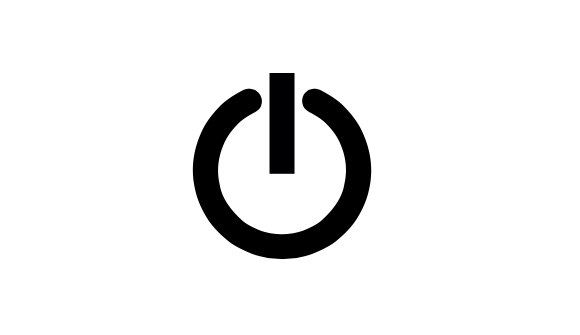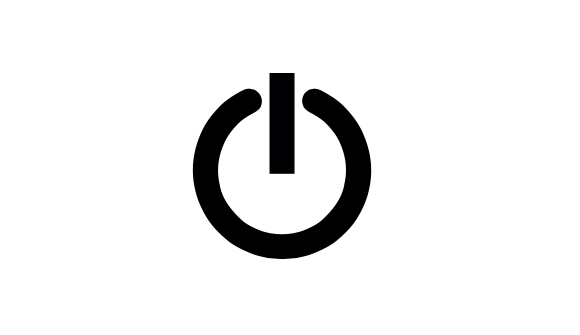A Swiss-German university professor was able to secure funding from the European Commission on January 24, 1971, to support his innovative proposal. He planned to launch a business conference that would go on to become a well-known global brand.
The first conference was conducted the following month in the little Swiss town of Davos after securing the funds, and it was a huge success with more than 400 CEOs in attendance. The President of Luxembourg was a featured speaker the following year.
And since since, the world’s corporate and political elite have considered going to the annual conference at Davos to be a milestone.
Klaus Schwab is the professor turned conference planner, of course. Additionally, the business he founded is now known as the World Economic Forum (which is meeting right now for its 2023 event).
Schwab openly boasts about his influence with global leaders; the WEF has evolved into an overly ambitious, transnational, undemocratic institution with a hazardous amount of power.
For instance, in 2017, Klaus Schwab discussed all of the world leaders who had previously participated in the Young Global Leaders program of the World Economic Forum.
He used the examples of former German Chancellor Angela Merkel, Canadian Prime Minister Justin Trudeau, and Russian President Vladimir Putin to illustrate his point that “what we are really proud of… is that we penetrate the cabinets” of governments all over the world.
Schwab said that half of Trudeau’s cabinet were Young Global Leaders of the WEF.
And Trudeau is a great example of the type of world the WEF wants to create; one where the government can, for example, form “public-private partnerships” to freeze your bank accounts for protesting against being required to take a vaccine in order to earn a living.
And yes, representatives of the big banks and pharmaceutical companies are present in Davos this week.
The WEF’s goals aren’t a theory. Schwab wrote a book about it. You can read exactly what his worldview is, and see how it has made its way into legislation and national policy.
Just four months after Covid was declared a pandemic, Schwab published a book called Covid-19: The Great Reset, arguing that the pandemic presented a “unique window of opportunity” for global elites to reshape “the direction of national economies, the priorities of societies, the nature of business models and the management of a global commons.”
The WEF was instrumental in promoting Covid lockdowns, vaccine mandates, and censorship of “misinformation.”
In 2021 in a now deleted Tweet, the WEF wrote, “Lockdowns are quietly improving cities around the world.”
Months before the outbreak of Covid, it hosted a “Global Pandemic Exercise” to simulate “an outbreak of a novel zoonotic coronavirus.”
One recommendation the conference put out was for governments “to partner with traditional and social media companies” to “combat mis- and disinformation” to ensure “that false messages are suppressed.”
Naturally, an unelected group of global elites would have the final word on what constituted disinformation and needed to be suppressed.
The WEF also sees combating climate change as the perfect crisis to exploit to push through its anti-capitalist agenda.
For example, in a recent article, the WEF argued for “uneconomic growth” in order to prevent climate change. It linked GDP growth to the number of natural disasters that occur, and even the likelihood of war.
Their lesson: humanity is better off if people are poorer.
Well, most people. Certainly not the very important elites flying in on private jets to Davos, Switzerland this week for the WEF’s annual conference.
They pretend to extol the virtues of representative democracy. But you’ll find absolutely none of that in the room. Instead it is a bunch of people who think they know better, and everyone else should live according to their will and dictates.
For example, a close partner in Schwab’s “public-private partnerships” to promote “stakeholder capitalism” is Larry Fink, who is also in Davos this week, and sits on the WEF board of trustees.
Fink is the CEO of BlackRock, a firm which controls $10 trillion worth of global corporations.
Their vision is “woke” corporations working in tandem with governments to “force behaviors” for what they decide is the greater good.
What might that look like? Well, the WEF has seriously suggested we’ll have to get used to eating bugs and weeds.
And last year, the WEF published an article called, “Psychologists say a good life doesn’t have to be happy, or even meaningful.”
“Living through war or a natural disaster might make it hard to feel as though you’re living a particularly happy or purposeful life, but you can still come out of the experience with psychological richness.”
So don’t worry, the WEF says, if you experience hardships such as “infertility, chronic illness, [and] unemployment.”
A 2016 article published by the WEF declares “Welcome to 2030. I own nothing, have no privacy, and life has never been better.”
When it comes to personal choices, the author writes, “I just want the algorithm to do it for me. It knows my taste better than I do by now.”
These ideas are comically stupid, and the organization has lost credibility.
Most notably, Florida governor Ron DeSantis AND climate she-ro Greta Thunberg BOTH criticized the WEF as an irrelevant, destructive organization. Those two are about as far apart politically as it gets. And yet they agree that the WEF needs to shut up.
This is the topic of our podcast today.
We start off talking about (unsurprisingly) a historical example of a small group of non-government elites having major influence in government policy.
This is nothing new; in fact it’s quite common for arrogant, narcissistic ‘experts’ to force their ideas on to a society.
The WEF is only the latest modern incarnation. And even though it has lost much of its credibility, it’s important to remember there are always going to be ‘experts’ out there who want to tell you how to live your life.
This is ultimately what ‘freedom’ means. The word by itself almost sounds corny or cheesy. But ultimately we’re talking about your right to make your own decisions and control your own life.
If you don’t care about your freedom, you can’t expect anyone else to care about it. More appropriately, you can probably expect others (like the WEF) to try and take it away.
And that’s why it makes so much sense to have a simple, sensible Plan B. Because there are just too many of those lunatics out there.
Click here to listen in to this week’s episode.

Source: The Daily Bell Rephrased By: InfoArmed
